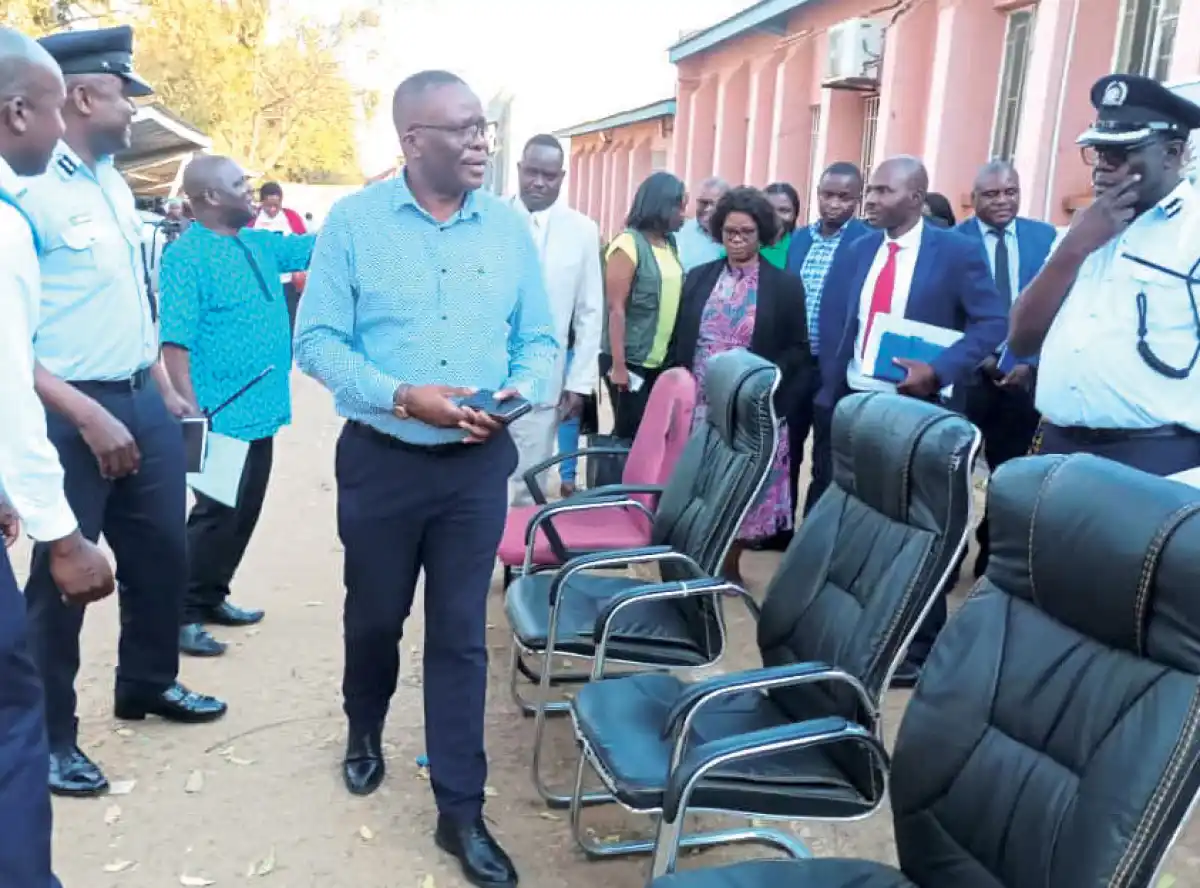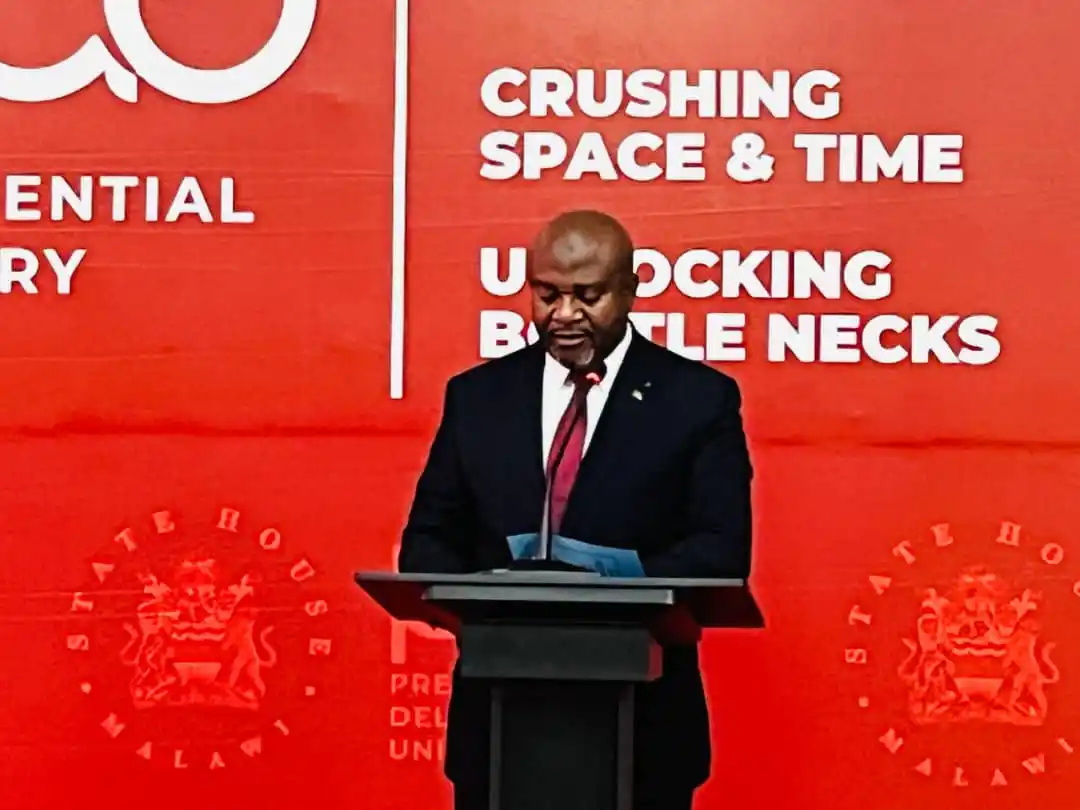
By Cathy Maulidi
The Anti-Corruption Bureau (ACB) has intensified its crackdown on corruption at the embattled Immigration Department, seizing mobile phones of officers suspected of facilitating corrupt practices.
Malawi News has information that the Bureau has confiscated about 28 mobile phones which are being investigated in relation to corrupt practices at the department.
The phones, according to information in our possession, belong to several officers whose names we have.
The ACB’s intervention comes amidst widespread complaints from passport applicants who have been facing numerous challenges in accessing passport services, creating a fertile ground for corruption.
ACB’s acting Director General, Hillary Chilomba, in an interview confirmed the confiscation of mobile phones.
He said the devices are crucial in aiding investigations, which he said are progressing steadily.
Chilomba however refused to disclose the number of phones confiscated and what has been found on the phones.
But Malawi News has it on good authority that some phones have incriminating evidence that has pushed the bureau to initiate plans of effecting arrests.
Chilombo also confirmed there are impending arrests.
“We continue the investigations. We have fresh evidence that will lead us to make more arrests. So more arrests are coming; yes we are coming to arrest more,” Chilomba said.
He further said the bureau has also used other techniques to source evidence against the officers they are planning to arrest.
However, some officers at the Immigration Department have expressed disappointment with the way the ACB is handling the investigation.
“They stormed in, locked the doors, and ordered us to stay put. Then, they demanded that we hand over our phones. This kind of treatment is unacceptable in a professional setting like this. It was absolutely appalling.
“And what’s even more disturbing is that they’re targeting us instead of going after the big fish in government who are engaged in corrupt activities. The ACB seems to be ignoring the real culprits,” said a frustrated officer at the Lilongwe office.
Chilomba however described corrupt officers commonly referred to as “small fish”, as the most dangerous and notorious species in terms of corruption within offices than those big fishes.
He said while the public often criticizes the Bureau for targeting lower-level officials instead of higher-ranking ones, “these small fish are actually more deeply involved in corrupt activities.
“What most of you do not know is that these officers you call small fishes are more dangerous and notorious species than the big fishes. They are the ones involved in more serious corrupt activities,” Chilomba said.
Department of Immigration and Citizenship Services Commissioner for Operations Fletcher Nyirenda said it is ACB’s mandate to do what it is doing.
“Yes, ACB has said that and it is their mandate to prevent corruption,” he told Malawi News.
A week ago, the ACB also stormed the Immigration office in Lilongwe and arrested four officers namely; Madalitso Nanthulu, Wilson Tepeka, Kondwani Banda and Pearson Msiwa and two non-staff members Agnes Master and Pauline Kampala suspected to be agents, commonly known as dobadobas.
The department and the ACB have since signed a Memorandum of Understanding (MOU) focusing on preventing and ending corruption at the Immigration.
Chilomba, however, said the MOU that was signed yesterday will not stop the investigations and arrests that the Bureau is carrying out.

He said ACB officers on an undercover mission, spent a month at the department’s office gathering evidence and appreciating what happens at the office and what they gathered will be used in court when the suspects are taken to court.
Human Rights Defenders Coalition – HRDC Chairperson Gift Trapence has since commended the ACB for the move saying this will help sanitize operations at the institution.
“We commend ACB for their work at Immigration. This will send a strong message to immigration and will improve service delivery to Malawians. This will also send strong messages to other departments such as Road Traffic and Malawi Revenue Authority (MRA) who are also known for the same,” Trapence said.
The Parliamentary Committee on Defense and Security last week visited the immigration offices in Lilongwe and the committee’s chairperson Salim Bagus said Malawians are struggling to access passports despite government reducing the fee to K50 000.
“People are paying up to K300 000 to access passports. Why is the Immigration Office tolerating middlemen in the issuing of passports?” He wondered.
Times investigation established that people are paying up to K500,000 to corrupt officers to access a passport which is now too hard to get.




0 Comments